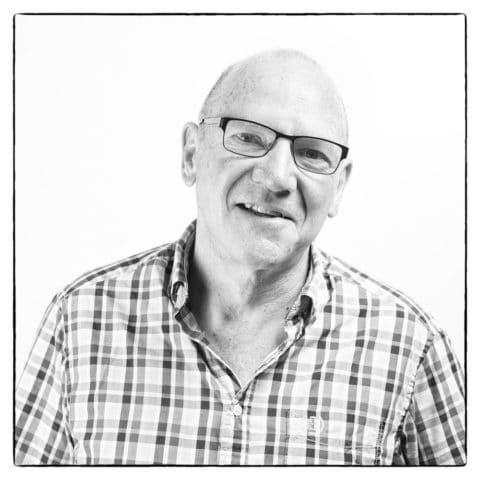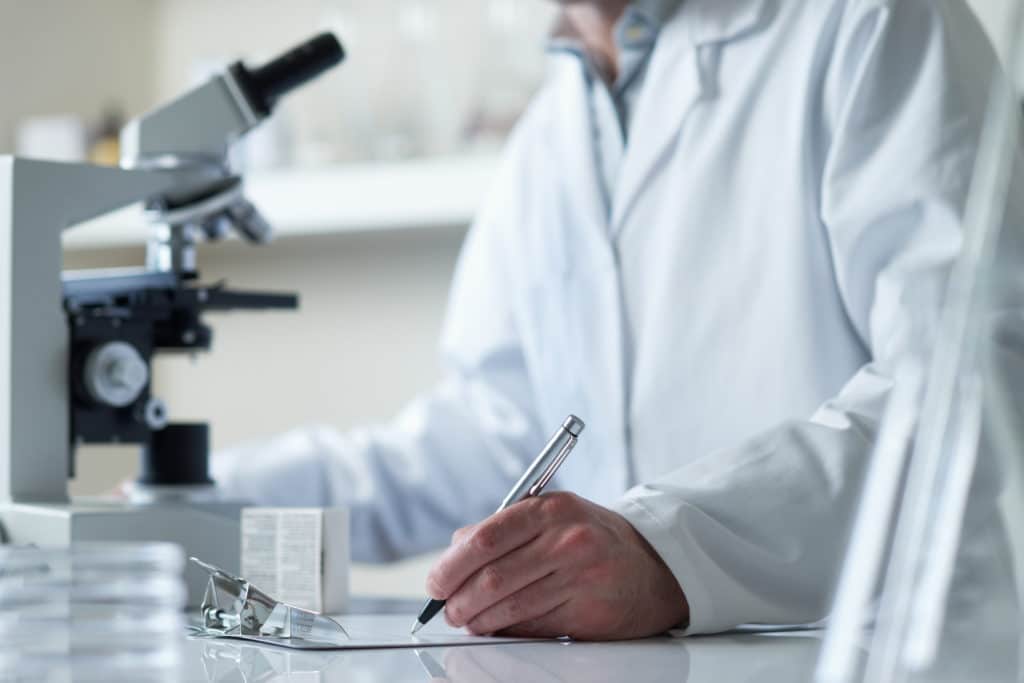What is the Androgen Receptor?
The Androgen Receptor regulates the development and growth of the prostate.
In prostate cancer, androgens bind to androgen receptors inside the cancer cells, which causes the cancer cells to grow. However, it has a very different effect in women with breast cancer.
Professor Wayne Tilley is the Director of the Dame Roma Mitchell Cancer Research Laboratories at the University of Adelaide, South Australia, and is an expert in the field of breast and prostate cancer.
He was a pioneer in investigating AR expression and function in breast cancer and cloned the human androgen receptor (AR) gene.
“The androgen receptor gene is being cloned for this androgen receptor protein, which is on the X chromosome. The androgen receptor protein is in men and is absolutely required for normal virilisation or masculinisation of males and has many vital functions,” said Professor Tilley.
“But because it’s critical for the development of the prostate, when cancers occur in the prostate this same receptor protein also drives their growth.”
However, what interests researchers is that the androgen receptor has been found to have a more positive effect in women.
“What’s intriguing is that the androgen receptor in women is a good player, whereas it’s a bad player in the prostate.”
“So this androgen receptor gene is the master regulator of a lot of processes in the body; metabolism, cell growth, division, differentiation and one of the things we’re trying to understand is what are the other factors, the other proteins in a tumour cell, or even in a normal cell, that might be instructive, that will allow us to understand how you can switch an androgen receptor in prostate cancer from being a bad player, to looking more like androgen receptor in a breast cancer.”
Listen to the podcast
Professor Wayne Tilley explains what the androgen receptor gene is & why it is important in breast cancer.
How Could The AR Gene Be Used In Breast Cancer Treatment?
Professor Tilley said the challenge to finding a way to make this switch from ‘bad player’ to ‘good player’ is that the androgen receptor gene doesn’t play by itself.
“There are hundreds of other factors in a cell that interact with the androgen receptor, so it’s like a symphony and depending on the components of that symphony, the androgen receptor might function quite differently.”
“So, we’re putting an enormous amount of effort into understanding what are those other factors that interact with the androgen receptor that can switch it from being a bad player like it is in prostate cancer, to being a good player like it is in breast cancer.”
“We are attempting to understand how to take advantage of that and maybe coming up with a very novel treatment for prostate cancer by switching this bad player to a state that’s more like in the normal development of the male, where it actually induces differentiation and inhibits cell growth.”
Support Us
Help us to change lives through breast cancer clinical trials research




